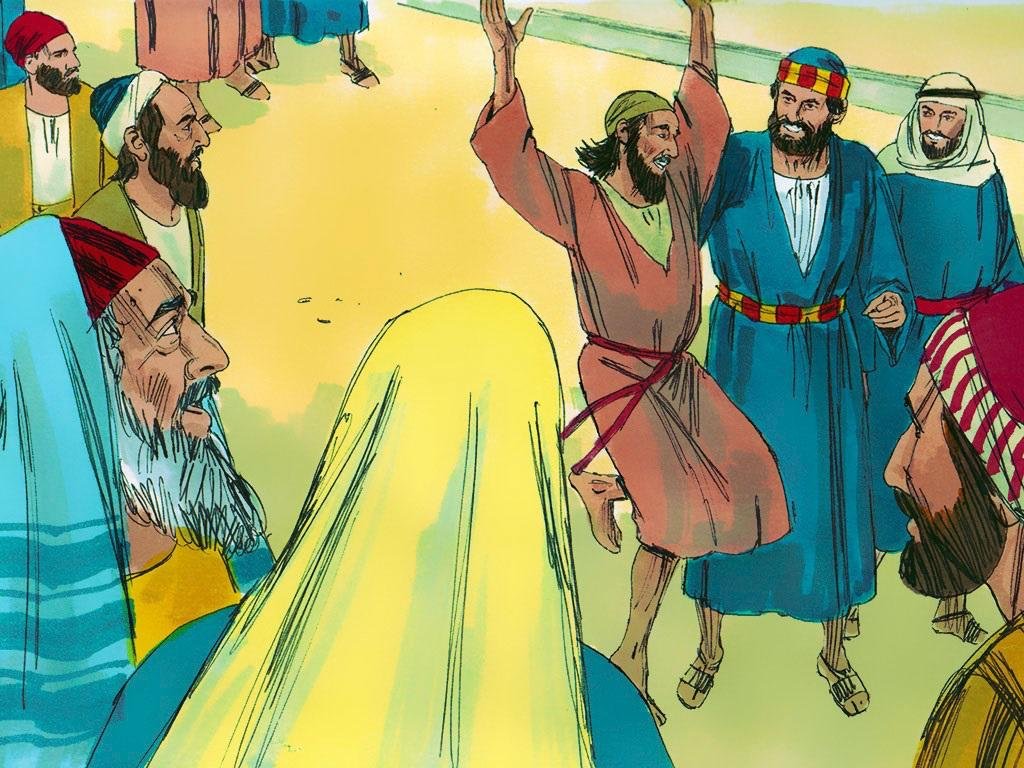Silver and Gold Have I None
Now a man crippled from birth was being carried to the temple gate called Beautiful, where he was put every day to beg from those going into the temple courts. When he saw Peter and John about to enter, he asked them for money. Peter looked straight at him, as did John. Then Peter said, “Look at us!” So the man gave them his attention, expecting to get something from them. Then Peter said, “Silver or gold I do not have, but what I have I give you. In the name of Jesus Christ of Nazareth, walk.” Taking him by the right hand, he helped him up, and instantly the man’s feet and ankles became strong. He jumped to his feet and began to walk. Then he went with them into the temple courts, walking and jumping, and praising God. (Acts 3:2–8)
If you’ve been a Christian for a long time, you’ll have heard many sermons on prayer that include some version of this line: God may not give you exactly what you ask for because he knows what you truly need. It can be tempting to view that line as the preacher’s get out clause: a way to make big claims for the power of prayer while simultaneously preparing people for possible disappointment. So we need to remind ourselves of those times in the Bible when people didn’t get what they asked for, but instead received something better.
One example is in Acts chapter 3. A paralyzed man lying near the temple gate asked Peter and John for money. I’m sure as soon as he heard Peter say “I have no silver and gold” his heart sank, and the next word, “but,” likely didn’t put him in a better mood. He knew what he wanted, and Peter didn’t have it. End of story. What could possibly be worth having if it wasn’t the thing he knew he needed: cold hard cash?
And yet it turned out that Peter really could offer something better. By giving the man the ability to walk, through the grace and power of Jesus, Peter removed the man’s need for what he thought he couldn’t live without: other people’s almsgiving.
The paralyzed man’s experience has been echoed in millions of different ways in the lives of God’s people down the centuries. We think we need something. We think we can’t live without it. We think nothing else could make up for not having it—no “but...” after the denied prayer could deliver anything comparable to what we desire. And yet God has the power to deliver a “but” that will unexpectedly transform our experience of life so that the absence of the thing we asked for no longer seems so crushing.
We will likely ask for many things that God, in his wisdom, doesn’t have for us. Yet with every “no” from God there is also a “but…”
Yours in Christ,
Bernard


